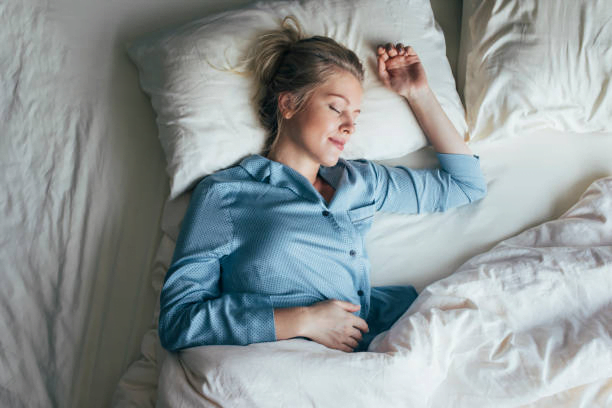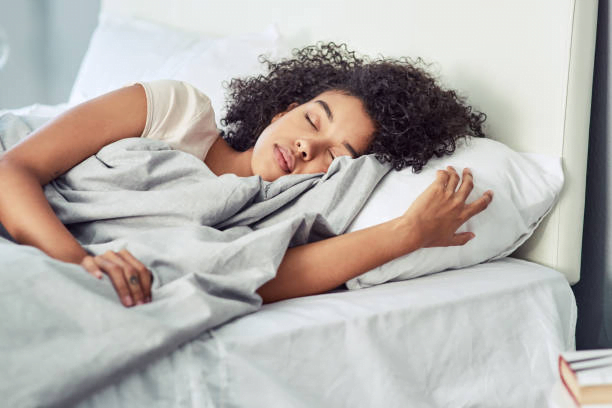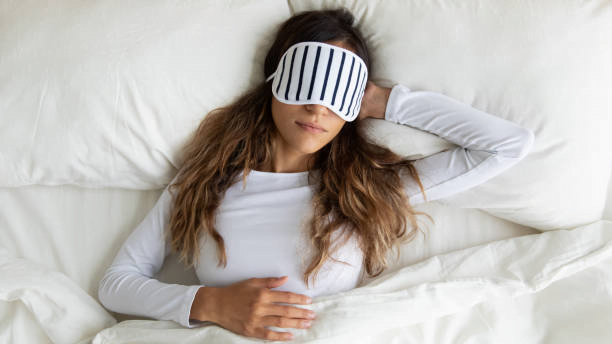
It is not a coincidence that you need to sleep after eating, science assures that the body does it for a very important reason.
Under the belief that we must all be productive all the time, the human being has lost interest in rest. The modern routine (and more specifically, the work routine) asks us to be alert 24/7, but the reality is that this does not make sense with the body’s cycle. The need to sleep after eating is the best example to explain the lack of self-care.
Something that we must have in our daily priorities is a nap in the day. No, sleeping during the day does not make you lazy or irresponsible. The cultural taboo around a nap during the day is strong, but if you want to keep your body healthy, you must learn to face public opinion.
ALSO READ: Neck pain, what can it be? Possible causes!
If we look at some countries, we see some cultures that take into account rest after lunch. There are even some work sites that have adequate facilities for the rest of their workers.
However, science proves that today – more than in other times – a change is necessary for the body’s rest routine (and also in social prejudices).
What does science say about sleeping after eating?

The answer is in our brain. Inside our mind, there is a small group of cells that function as the biological clock, this is the suprachiasmatic nucleus of the hypothalamus. During the day, this cell phone group causes two moments of need for sleep.
The first moment arises in the night’s early hours, and the second occurs just eight hours after we wake up. Exactly, sleep after eating is not due to eating too much food, rather it occurs because the body needs to recharge batteries.
Napping or sleeping after eating is a biological necessity. Sleep is the body’s signal to say that it needs rest. This can be solved with a short nap during the day of about 20 to 30 minutes.
Especially in times of stress, this nap can help to reset the mind. A light nap can work to adjust your attitude, improve memory, have greater alertness, be more creative, and even know how to use your money better.
How to take a healthy nap:

Sleeping after eating may be the best time. Consider taking a light rest around 3 p.m., but don’t get a lot of sleep. Find a cool and quiet place. Set an alarm that helps you wake up at 25 minutes because you may feel more tired if you exceed the limit.
It is vital to remember that it is irrelevant when you are eating, but what and how much you are eating might affect your sleep and cause you to gain weight.
Take the time to plan your nap, give your brain a break, and increase your quality of life and sleep. It is not about sleeping because of laziness, or because there is nothing else to do, it is simply part of understanding that the body needs it.
